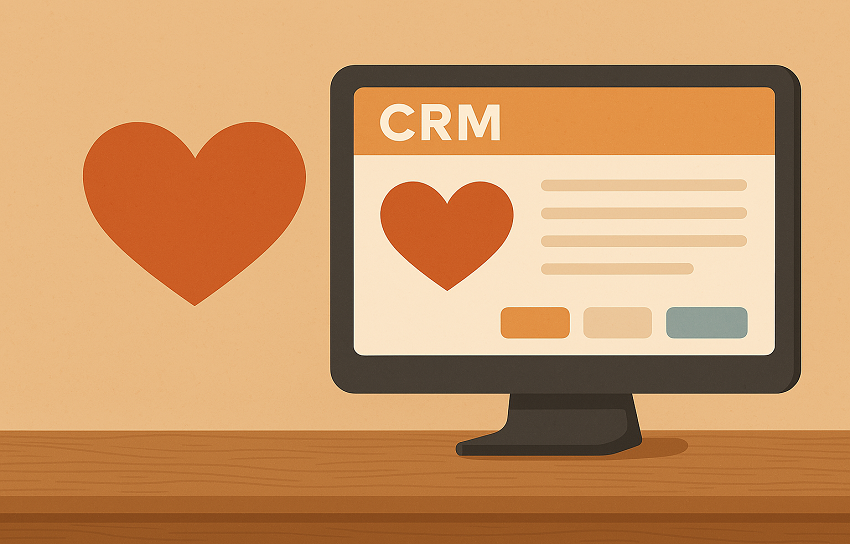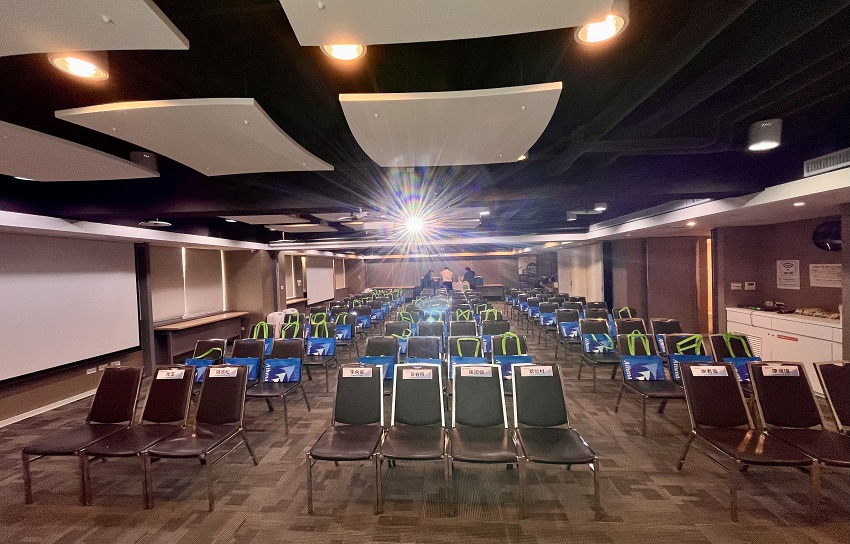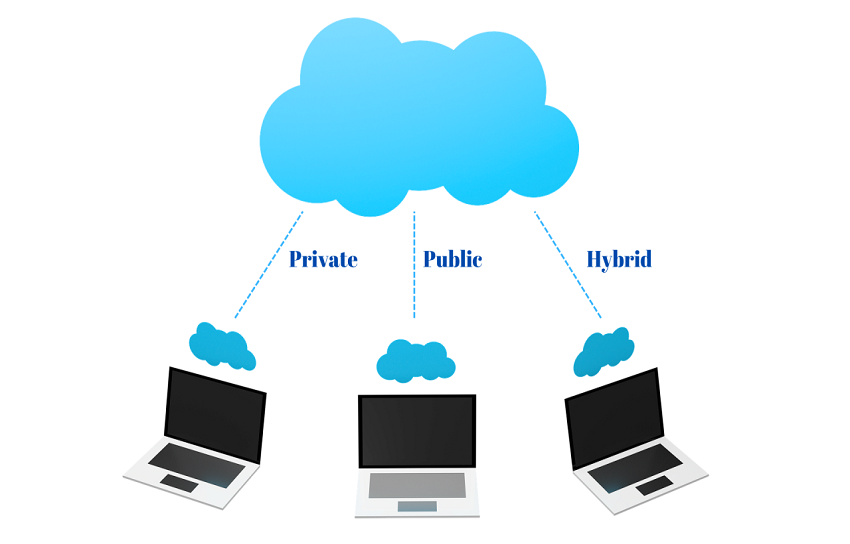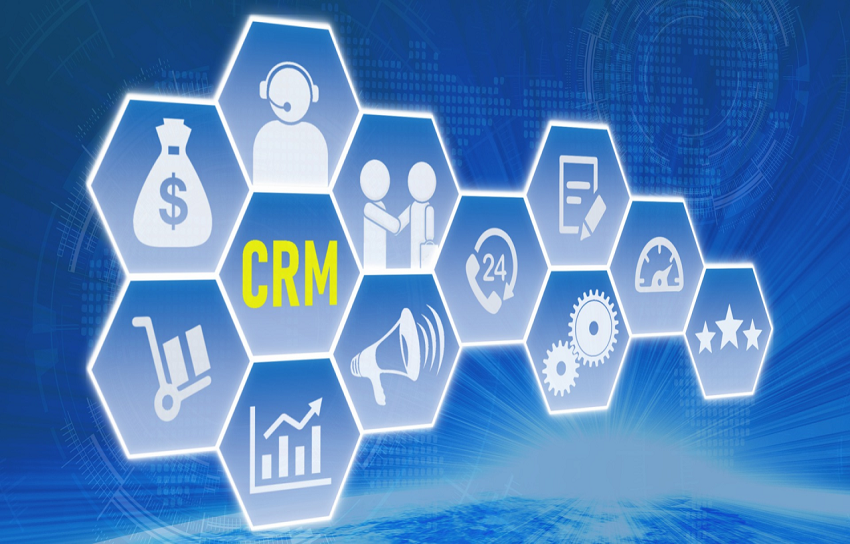- Front-end & back-end integration
Types of Hotel Systems: A Must-Read Guide for Small and Medium Hospitality Businesses

In today's competitive hospitality market, choosing the right hotel system is crucial for improving operational efficiency and guest experience. For small and medium-sized hospitality businesses, understanding the different types of hotel systems and their suitable contexts helps in making the best decisions. This article will introduce three types of hotel systems and provide recommendations to help you enhance your business operations.
1.Comprehensive Hotel Systems
Feature Overview
Comprehensive hotel systems offer a full range of features, typically including the following modules:
- Booking Engine/OTAs: Allows guests to conveniently and quickly book rooms online.
- CRM(Customer Relationship Management): Manages member data and loyalty points, enhancing guest loyalty.
- Housekeeping Management: Efficiently manages room status, cleaning, and maintenance.
- PMS(Property Management System): Handles front desk operations like check-ins, check-outs, and billing management.
- ERP(Enterprise Resource Planning): Manages financials, HR, and other backend support.
- Flow, E-Approval System: Facilitates paperless operations, improving work efficiency.
- POS(Point Of Sale): Manages restaurant reservations, ordering, and billing.
- Interfaces: Such as door lock systems, room control systems, PBX, elevator control systems, and more, providing seamless integration and automation.
Suitable For
Comprehensive systems are suitable for large hotels, hotel chains, or boutique hotels with a smaller number of rooms but high-end services. These hotels require a comprehensive and integrated solution to efficiently manage a large number of rooms and diverse service needs, providing a seamless and personalized guest experience.
Why Choose a Comprehensive System?
Large hotels, due to their complex operational needs and wide range of services, often require a comprehensive set of systems to support their operations. These systems not only improve management efficiency but also enhance guest satisfaction and brand image. For instance, Booking Engine/OTAs and CRM help hotels build and maintain a loyal customer base, while various integrations ensure seamless connectivity between different devices, providing more intelligent and convenient services.
2. Mid-Range Hotel Systems
Feature Overview
Mid-range hotel systems offer moderate functionality, typically including:
- Booking Engine/OTAs: Allows guests to book rooms online easily.
- Housekeeping Management: Manages room status and cleaning tasks.
- PMS: Handles front desk operations like check-ins, check-outs, and billing management.
- ERP: Manages the hotel's financials, HR, and other backend support.
- Basic Interfaces: Such as door lock and PBX systems, providing basic automation services.
Suitable For
Mid-range systems are ideal for small to medium-sized business hotels. These hotels require more functionality than a basic system to handle daily operations but do not need all the features and integration capabilities of a comprehensive system.
Why Choose a Mid-Range System?
Small to medium-sized business hotels often have simpler operational needs but still require a certain level of automation and data integration to improve operational efficiency. For example, a Booking Engine/OTAs and PMS can help these hotels streamline booking and check-in processes, while ERP efficiently manages financials, HR, and inventory. Basic interfaces features can also meet guests' basic demands for smart services.

3. Basic Hotel Systems
Feature Overview
Basic hotel systems offer simple functionality, typically including:
- Booking Engine/OTAs: Provides basic booking functionality.
- PMS: Handles front desk operations like check-ins, check-outs, and billing management.
- No Interfaces: Does not require integration with other systems or devices.
Suitable For
Basic systems are suitable for bed and breakfasts or small hotels. These accommodations usually only require basic booking and PMS functionality without complex integrations and automation.
Why Choose a Basic System?
Small bed and breakfasts and hotels often have simpler operations and choose basic systems because they are economical and can meet basic management needs. For example, a Booking Engine/OTAs helps manage booking information, while the PMS system efficiently handles check-ins, check-outs, and billing.
4. Disadvantages of Using Systems from Different Vendors
Having various systems from different vendors can lead to the following issues:
- Integration Challenges: Data may not seamlessly flow between different systems, leading to management difficulties.
- High Maintenance Costs: Coordinating with multiple vendors increases complexity and costs.
- Inconsistent User Experience: Inconsistent systems can lead to a fragmented guest experience.
5. Consider Scalability and Extensibility
For small and medium-sized chains or hostels, consider the system's scalability and extensibility. As the business grows, there may be a need to manage more guest histories and add more features. Here are some examples:
- Advanced Rate Code: Maximize room rate revenue with flexible pricing, supporting early bird rates, monthly rates, dynamic pricing, additional charges, packages, etc.
- Advanced Guest Management: Develop loyal customers by recording guest information such as loyalty points, VIP status, preferences, and sending promotional emails.
- Advanced Group Management: Efficiently manage group bookings, catering to common preferences such as quick check-outs and group billing.

6. Consider Ease of Implementation, Learning, Maintenance, Customer Support, and Price
When choosing a system, it's essential to look beyond just the price. Consider these factors comprehensively to ensure you make the best decision:
- Ease of Implementation: The system should be quickly deployable, minimizing disruptions to normal operations.
- Ease of Learning: The system should have a user-friendly interface that staff can quickly adapt to.
- Ease of Maintenance: The system should be stable, with timely after-sales support.
- Reasonable Price: Consider the system's features and scalability, choosing the most suitable solution for your business's future growth needs.
7. Conclusion
When selecting a hotel system, it is recommended to conduct more surveys and comparison studies, , and choose vendors with reliable customer support and long-term development capabilities. This ensures that the system can meet future growthneeds, helping you stand out in the competitive market and improve operational efficiency. Additionally, by quickly assessing the systems that are best suited for different hotels, you can efficiently create a shortlist of potential options, saving yourself from the hassle of extensive searching.
There are numerous system vendors available, but with the above classification, you can quickly grasp the optimal selection. Whether you are a large hotel, a mid-sized business hotel, or a small bed and breakfast, finding the right system can enhance your operational efficiency and guest satisfaction. Choosing the right hotel system is key to the success of your hospitality business.
We hope this article helps you find the best hotel management solution, improving your operational efficiency and guest satisfaction.




